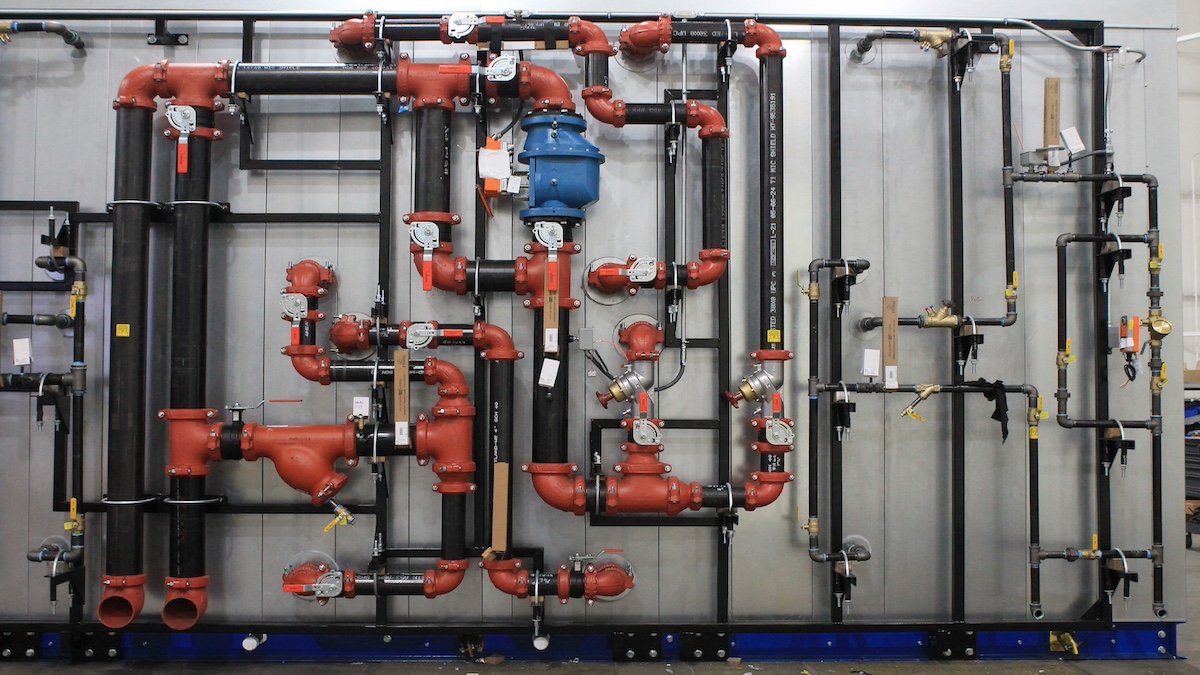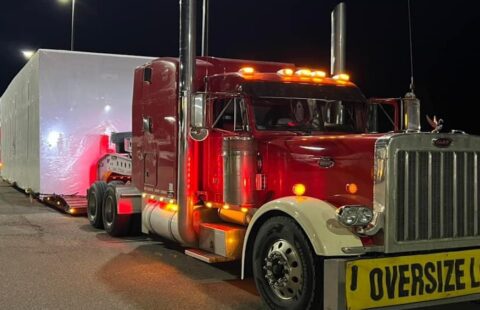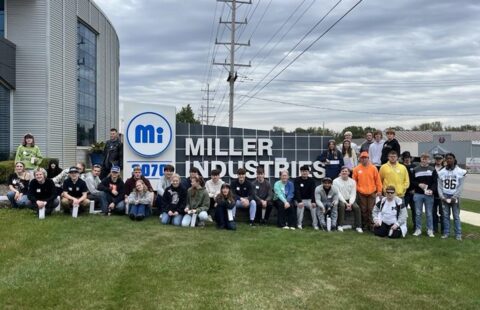
Enhancing Energy Efficiency with Custom HVAC Solutions
As energy prices continue to rise and environmental concerns take center stage, building owners and facility managers are under increasing pressure to improve energy efficiency. One of the largest contributors to energy use in commercial, industrial, and institutional buildings is the HVAC (heating, ventilation, and air conditioning) system.
Traditional HVAC systems are often built with a one-size-fits-all mentality, leading to inefficiencies, energy waste, and poor performance. That’s where custom HVAC solutions come in — they are designed to match the unique requirements of your building, optimizing performance and reducing energy costs.
Understanding Custom HVAC Solutions
What Are Custom HVAC Systems?
Custom HVAC systems are tailor-made to suit the specific heating, cooling, and ventilation needs of a building. Instead of relying on off-the-shelf units, a custom solution is engineered based on factors such as:
- The layout of the building
- Local climate conditions
- Occupancy patterns
- Internal heat gains from equipment or processes
- Ventilation requirements
By considering these factors, a custom HVAC solution ensures that the system operates efficiently and maintains comfort levels across all zones of the building.
Components That Can Be Customized
Custom HVAC solutions allow flexibility in choosing and modifying various components, including:
- Air Handling Units (AHUs): Designed with specific coil capacities, filter efficiencies, and fan speeds to match system demands.
- Ductwork and Zoning: Custom duct layouts and zone controls optimize airflow distribution and eliminate hot or cold spots.
- Control Systems: Smart thermostats and building automation systems enhance performance and user control.
- Energy Source Integration: Systems can be integrated with renewable energy sources such as solar or geothermal technologies.
The Link Between Custom HVAC and Energy Efficiency
Reduced Energy Waste
One of the key benefits of a custom HVAC system is eliminating energy waste. When HVAC systems are not properly sized or designed, they may run too frequently or fail to maintain desired temperatures. Custom solutions precisely match the system to the building’s load, preventing oversizing or under sizing issues that lead to unnecessary energy use.
Better System Performance
A properly engineered HVAC system results in more reliable and consistent performance. Since each component is selected for optimal compatibility and performance, custom systems maintain better indoor air quality and comfort levels while using less energy.
Custom designs also factor in local climate zones. For instance, buildings in humid regions require systems with strong dehumidification capabilities, while those in colder regions need more robust heating solutions.
Benefits of Custom HVAC for Different Building Types
Commercial Buildings
In commercial settings, comfort and reliability are essential. A custom HVAC system can manage multiple zones, address variable occupancy levels, and improve the overall environment for employees and customers.
Industrial Facilities
Industrial buildings often house sensitive machinery or processes that require precise temperature and humidity control. Custom HVAC systems are ideal for meeting these specific conditions while reducing downtime and boosting productivity.
Technologies That Support Energy-Efficient HVAC Customization
Variable Refrigerant Flow (VRF) Systems
VRF systems allow multiple indoor units to be connected to a single outdoor unit, each with its own temperature settings. This zoning capability results in greater efficiency and occupant control.
Energy Recovery Ventilation (ERV/HRV)
These systems capture and reuse conditioned air that would otherwise be exhausted. By recovering energy from outgoing air, ERVs and HRVs significantly reduce the HVAC load.
High-Efficiency Compressors and Fans
Modern custom HVAC systems include inverter-driven compressors and variable-speed fans, which adjust performance levels to match the actual demand, lowering energy usage during partial-load conditions.
Custom vs. Standard HVAC Systems
| Feature | Custom HVAC | Standard HVAC |
| Efficiency | High – designed for performance | Moderate – generalized settings |
| Initial Cost | Higher upfront | Lower upfront |
| ROI | Excellent long-term savings | Limited returns over time |
| Flexibility | Fully tailored to building needs | Fixed design |
While custom systems may have a higher upfront cost, they offer better control, comfort, and long-term savings — making them a wise investment for any forward-thinking facility.
Steps to Implementing a Custom HVAC Solution
System Design and Engineering
HVAC engineers design a system tailored to your specific goals — whether it’s reducing utility bills, improving air quality, or achieving LEED certification.
Installation and Commissioning
The system is then installed and tested to ensure all components work in harmony. Proper commissioning is essential to verify performance metrics and optimize system functionality.
Monitoring and Continuous Optimization
Once operational, advanced monitoring tools track energy use, system efficiency, and indoor comfort. These insights help facility managers make real-time adjustments for peak performance.
Common Mistakes to Avoid
When planning a custom HVAC solution, avoid these common pitfalls:
- Skipping regular maintenance: Even the most efficient system needs scheduled care.
- Poor building envelope: Insufficient insulation and leaky windows negate HVAC efficiency.
- Choosing the wrong size: Bigger isn’t always better. Oversized systems cycle too often and waste energy.
- Ignoring user needs: Occupant comfort plays a key role in how the system should be designed and controlled.
Frequently Asked Questions (FAQs)
What is the most energy-efficient type of HVAC system?
The most energy-efficient HVAC systems are those that are properly sized and customized to the building. Technologies like VRF systems, geothermal heat pumps, and systems integrated with ERVs typically offer top efficiency.
Can custom HVAC systems work with smart home or BMS technologies?
Absolutely. Custom systems are often designed with open protocols and can easily integrate with smart thermostats, sensors, and building management platforms.
Do custom HVAC solutions qualify for energy rebates or incentives?
Yes. Many utility companies and government programs offer incentives for energy-efficient upgrades, especially when the system meets certain standards such as ENERGY STAR® or LEED.
How does the building envelope impact the effectiveness of a custom HVAC system?
A high-performance envelope—comprising proper insulation, airtight windows, and effective air sealing—is critical. Without it, even the most efficient HVAC system must work much harder to maintain comfort, reducing the return on investment and increasing energy use.
Can custom HVAC systems adapt if building usage or occupancy changes?
Yes. Custom HVAC solutions often include modular zoning, scalable components, and advanced control systems. These features allow adjustments for evolving needs—like after expansions or repurposing spaces—without requiring complete system overhauls.
Conclusion
At Miller Industries, we understand that no two buildings are the same — and your HVAC system shouldn’t be either. Our team specializes in engineering and fabricating custom HVAC solutions that maximize energy efficiency, optimize indoor comfort, and reduce operating costs.
From custom air handling units and duct systems to smart automation and powder-coated metal components, we work closely with commercial, industrial, and institutional clients across sectors to deliver reliable, long-term value.
If you’re ready to upgrade your HVAC system with a custom solution designed for performance and savings, contact the experts at Miller Industries today. We’ll help you design a system that fits your building’s unique needs and supports your energy goals — every step of the way.


